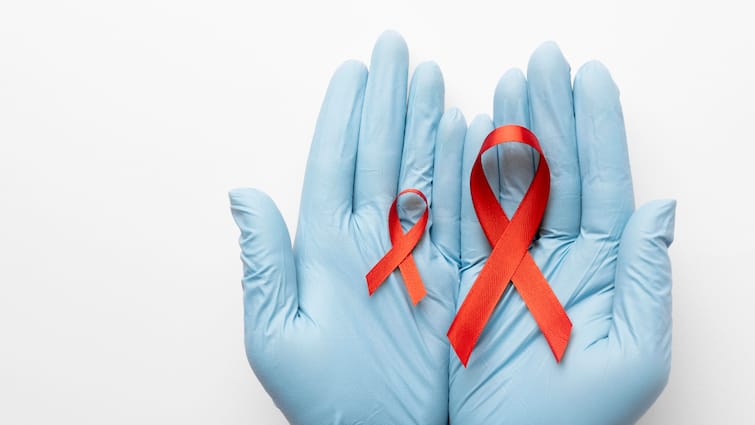(By Dr. Nitin Gupta)
September marks the Blood Cancer Awareness Month, a crucial time to acquaint ourselves with these serious illnesses and the importance of early diagnosis. Blood cancer, also known as hematologic cancer, affects the production and functioning of blood cells. This condition collectively stimulates symptoms including, fatigue, infections and easy bruising or bleeding. The three main types of blood cancers- Leukaemia, Lymphoma and Myeloma affects different components of the blood or the immune system. Understanding the different kinds of cancers can help patients and families navigate diagnosis and treatment options more effectively.
ALSO READ: Food As Medicine: The Role Of Anti-Inflammatory Diets In Breast Cancer Recovery
Leukaemia – When Your Blood Factory Goes Wrong
Leukaemia occurs when the bone marrow produces abnormal amounts of white blood cells that cannot fight infections effectively. The diseases cause the body to persistently feel exhausted despite adequate rest. Early deduction of Leukaemia can be challenging as the symptoms are often mistaken for general weakness or stress related issues.
There are different types of Leukaemia- one that develops quickly is Acute Leukaemia while the other progress slowly and called Chronic Leukaemia. The treatment usually involves chemotherapy, targeted therapy and sometimes bone marrow transplant. The treatments emerge to be highly effective when the disease is diagnosed in the early stages and enhance the patient’s quality of life.
Lymphoma: Cancer Of The Lymphatic System
Lymphoma affects lymph nodes and lymphatic tissues which are a part of body’s immune system. There are two types of Lymphoma- Hodgkin and non-Hodgkin. The common symptoms are swollen lymph nodes, (often painless lumps in the neck, armpit or groin), fever, night sweats that soak your clothes and unexplained weight loss. These symptoms become far more concerning because they are subtle and can be easily overlooked. Modern treatments for lymphoma have advanced considerably, helping many patients respond well to therapy and regain a good quality of life. Awareness of these warning signs is key to seeking timely medical advice.
Myeloma: Cancer Of Plasma Cells
Multiple Myeloma affects plasma cells in the bone marrow. Plasma cells are specialised cells that normally produce antibodies to protect the body from infections. When Myeloma develops, these protective cells become cancerous and multiply uncontrollably, weakening the immune system and affecting bone strength. Symptoms include- Constant back or ribs pain, kidney problems, frequent infections and severe fatigue that doesn’t improve by resting. These symptoms are a sign of aging and other health problems often leading to a delayed diagnosis. However, effective treatment options are emerging to offer patients a better quality of life and longer survival.
Why Early Detection Matters
India’s cancer care environment has undergone a transformation in the last decade. We are now equipped with world-class diagnostics, personalised therapies, and full-range support services. Blood cancers that were once incurable can now be well-managed and improve quality of life for the patient. Early medical intervention and choosing the proper healthcare team are still essential to favourable outcomes.
Early diagnosis is the most important element in effective treatment. If you or someone close to you are suffering from ongoing fatigue, inexplicable weight loss, recurrent infections, or strange lumps, see a haematologist right away. Early diagnosis makes it possible for early intervention, improved response to treatment, and enhanced quality of life. Let’s make some noise during Blood Cancer Awareness Month and ensure no symptom is ignored.
Dr. Nitin Gupta is the Hod of the Department of Clinical Haematology at Sir Ganga Ram Hospital, New Delhi
[Disclaimer: The information provided in the article, including treatment suggestions shared by doctors, is intended for general informational purposes only. It is not a substitute for professional medical advice, diagnosis, or treatment. Always seek the advice of your physician or other qualified healthcare provider with any questions you may have regarding a medical condition.]
Check out below Health Tools-
Calculate The Age Through Age Calculator



)